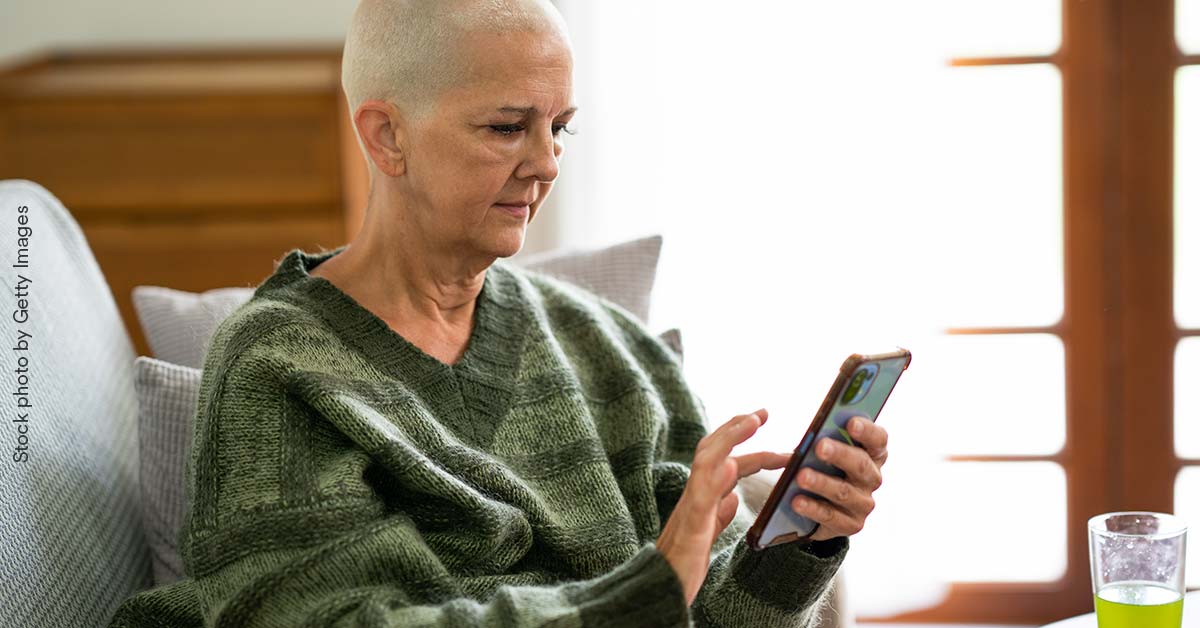
Gathering your people
When Helen Self, 58, a former magazine editor and mother of three from Bath, U.K., was diagnosed with an early-stage breast cancer at 53, she was in the midst of an acrimonious divorce and had a teenage son at home. The rest of her family was unavailable: her older boys lived out of town, her parents were dead and her only sibling had a “hospital phobia and vanished.”
“The saving grace was my network of friends, and my 16-year-old son, who was a calm presence at home and did what he could alongside his schoolwork,” she said. “My friends and one neighbor in particular rallied ‘round and were fantastic.”
But it was not easy. Self hated asking for help when the treatment side effects left her too weak to take care of her son or the house. She didn’t want to be a burden.
Andrea Suzuki, one of Fred Hutch’s clinical patient navigators, said that’s a common concern.
“Losing autonomy is a huge fear for cancer patients without caregivers,” she said. “They don’t want to be a ‘burden.’ I hear that a lot from our patients. Trust is also a big issue. Some patients may not feel comfortable using someone from an agency to care for them at their most vulnerable.”
Others feel overwhelmed by the unknown: not knowing how chemo will impact their day-to-day lives and whether they’ll be able to work, work-out, drive, keep up the house.
Suzuki said she often brainstorms with patients who don’t have caregivers, putting together a Plan A and a Plan B, just in case they might need help.
“I’ll have them tell me about who’s around them, their support system,” she said. “Sometimes patients do have one but are embarrassed to ask for help. Pride can come into it.”
Reaching out for help
It did for Self, who said she wove together a support network of around 10 friends rather than relying on one or two people which seemed like “too much pressure.”
But when Self’s first cancer surgery left her too exhausted to decorate the family Christmas tree, she took to social media and learned asking for help could be a blessing.
“I felt so guilty for letting my son down, I finally swallowed my pride and posted on Facebook for help,” she said. “A woman I’d known 13 years previously immediately replied and came over with her daughters. They even brought a cold supper. We put on holiday music and they all decorated the tree. It was the kindest thing.”
Self and her youngest son have remained friends with the family. Ditto for the nonprofit volunteer who came by once a week to help Self with housework and keep her company.
“I really lucked out there, too,” she said of the volunteer. “She’s like my daughter now.”
Sure, there were times when the side effects were so debilitating that she had to give the bank card to her son so he could go buy groceries but she said she was able to power through by tapping available resources — local cancer nonprofits, friends near and far — whenever possible.
“Four years later I’m still in the clear,” Self said. “I now have a rewarding new career teaching English to refugees and asylum seekers and I’ve gained a wonderful kind-of-daughter and a new very close friend.”
